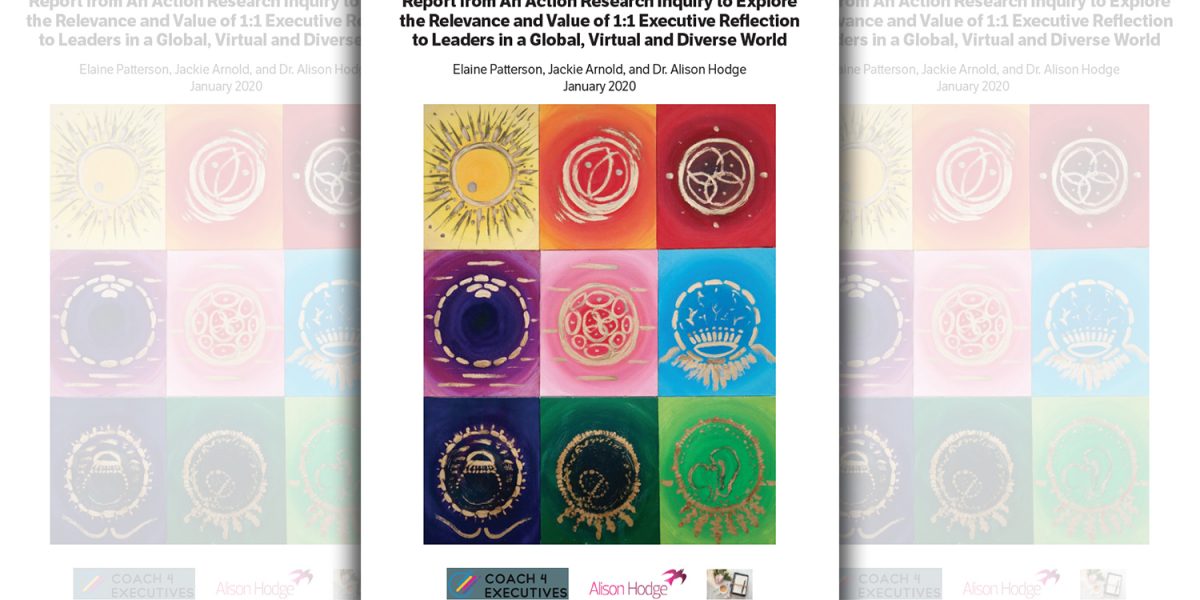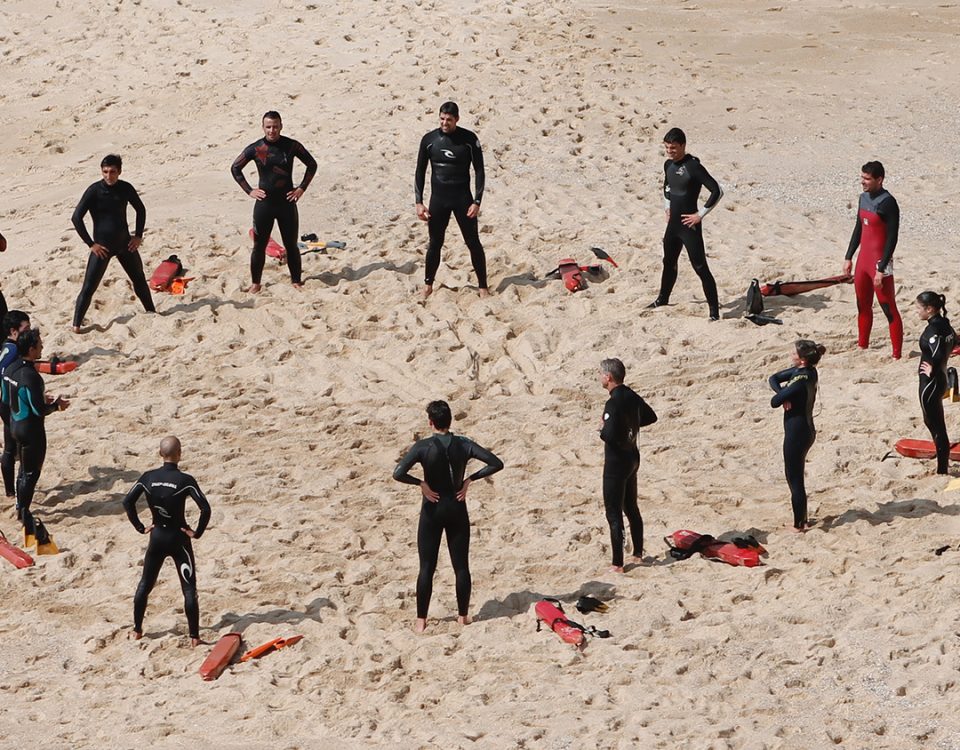
Podcast: Coaches under pressure
30th May 2020
Covid and the contagion of giving
14th October 2020Research into 1:1 executive reflection

I was really pleased to be the research supervisor for Elaine Patterson and Jackie Arnold, who have just released the results of their action research inquiry into ‘the Relevance and Value of 1:1 Executive Reflection to Leaders in a Global, Virtual and Diverse World’.
The research came out of work Elaine and Jackie have been doing since 2016 in the area of leadership and people development. Elaine says, ‘We shared an instinct that more creative and reflective styles of working were needed – particularly if we were to courageously reshape what is no longer working or dare to wisely co-create new futures from what remains and/or wants to emerge.’
Elaine and Jackie’s research explores how the teaching from the CSA Diploma in Coaching Supervision might be applied more systematically to the field of leadership development.
Read the research report here:
The abstract to the report reads as follows:
Leaders, particularly in global organisations, are facing increasing pressure to perform and deliver results, with little time or incentive to pause and think or reflect on what they are doing or how to better resource themselves (Scharmer 2018).
There are a variety of ways that these needs can be met – for example through leadership development programmes, coaching or action learning sets. 1:1 Executive Reflection has been identified as a useful additional mode of development. However to date there is only a limited amount of evidence as to its efficacy. The research therefore set out to explore the experience of ten senior global leaders undertaking this development.
The findings from the research indicated that this 1:1 practice of reflection was found to be a vital, invaluable and imperative oasis for leaders. A distinct practice of 1:1 Executive Reflection was defined and the resultant skills, training and CPD requirements of the practitioners working in this way were identified as areas for further discussion, development and research for the profession. This might also encourage Coaching Supervisors to see the value and relevance of their training to leaders as well as to coaches.




